On July 1, the two-tier local government model was officially deployed nationwide, marking an important turning point in the administrative apparatus arrangement.
In this context, Vietnam Social Security has issued specific instructions to ensure that people's health insurance benefits are not interrupted during the process of medical examination and treatment.
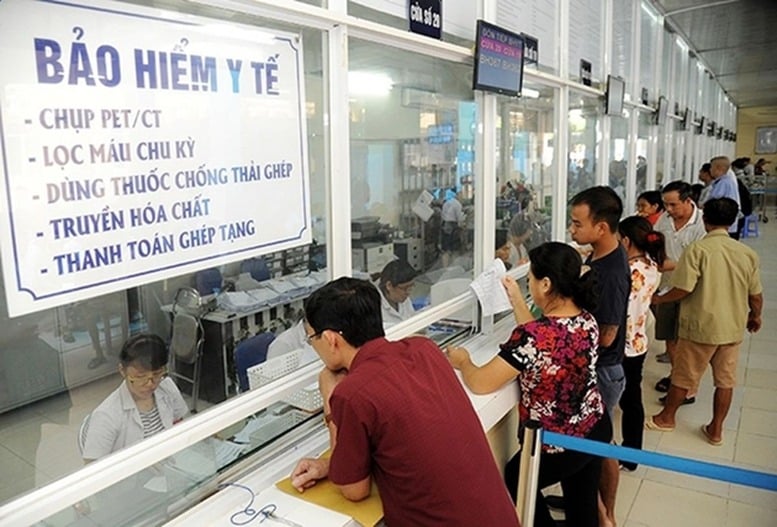 |
| People can rest assured when using health insurance for medical examination and treatment without worrying about interruption of benefits. |
According to Official Dispatch No. 1334/BHXH-CSYT recently issued, Vietnam Social Security requires social insurance agencies in the regions to proactively coordinate with the Department of Health and medical examination and treatment facilities in the area to ensure that medical examination and treatment under health insurance takes place continuously and smoothly, without affecting participants.
Specifically, people can continue to use their issued health insurance cards for medical examination and treatment at medical facilities, even in cases where the address information or the initial place of registration for medical examination and treatment has not been adjusted after the administrative unit has changed. This is especially important at a time when many localities are merging, dissolving or establishing new commune-level administrative units.
Social insurance agencies in localities are also required to promptly coordinate with health insurance examination and treatment facilities to finalize data, organize appraisal and settlement of health insurance examination and treatment costs for the second quarter of 2025, and at the same time make advance payments for the third quarter of 2025 according to regulations.
In addition, it is necessary to assign staff from the Health Insurance Regime Department to coordinate in resolving situations arising at the facilities being rearranged to ensure that the reception and treatment of people with health insurance cards is not interrupted.
Vietnam Social Security also requested the Departments of Health to quickly complete legal procedures so that reorganized medical examination and treatment facilities (due to mergers, separations or new establishment) can promptly sign or adjust medical examination and treatment contracts under health insurance. For new commune health stations eligible to sign health insurance contracts, the district-level social security agency will be the unit directly implementing the signing, ensuring full inheritance of rights and obligations from the old contract.
This is considered a careful preparation step to adapt to major changes in administrative organization, contributing to ensuring legitimate rights for people, while improving the efficiency of management and use of health insurance funds.
Regarding the health insurance examination and treatment policy, from July 1, another notable change in the health sector officially took effect: people with chronic diseases will be prescribed outpatient medication for longer than 30 days, instead of the previous maximum limit of 30 days. This is an important content in the new Circular issued by the Ministry of Health on June 30, 2025, to remove long-standing shortcomings and reduce the burden on medical facilities.
Accordingly, there are 252 diseases and groups of chronic diseases in the list that are applied with long-term prescription, including common diseases such as high blood pressure, diabetes, bronchial asthma, chronic obstructive pulmonary disease, anxiety disorders, depression, Parkinson's, Alzheimer's, chronic hepatitis B, HIV/AIDS, hypothyroidism, blood disorders such as Thalassemia, as well as some adolescent gynecological diseases such as menorrhagia.
Providing long-term medication not only creates great convenience for patients, especially the elderly, those in remote areas or those with difficulty in traveling, but also helps medical facilities save human resources, reduce the burden on clinics, thereby focusing resources on treating serious cases and developing specialized expertise.
According to Mr. Vuong Anh Duong, Deputy Director of the Department of Medical Examination and Treatment Management (Ministry of Health), not all diseases in the list are prescribed long-term by default.
The doctor will base on the stability of each patient to decide to prescribe medication for a period of 30, 60 or 90 days depending on the specific case. The prescriber is responsible before the law for the accuracy and appropriateness of the prescription to the patient's condition and ability to self-monitor treatment at home.
In case the disease progresses abnormally or the patient cannot return for a follow-up visit on time, it is necessary to return to the medical facility for a doctor to re-evaluate and adjust the treatment regimen if necessary.
Source: https://baodautu.vn/khong-lo-gian-doan-kham-chua-benh-bao-hiem-y-te-khi-thay-doi-don-vi-hanh-chinh-d318817.html




![[Photo] National Assembly Chairman Tran Thanh Man attends the VinFuture 2025 Award Ceremony](/_next/image?url=https%3A%2F%2Fvphoto.vietnam.vn%2Fthumb%2F1200x675%2Fvietnam%2Fresource%2FIMAGE%2F2025%2F12%2F05%2F1764951162416_2628509768338816493-6995-jpg.webp&w=3840&q=75)

![[Photo] 60th Anniversary of the Founding of the Vietnam Association of Photographic Artists](/_next/image?url=https%3A%2F%2Fvphoto.vietnam.vn%2Fthumb%2F1200x675%2Fvietnam%2Fresource%2FIMAGE%2F2025%2F12%2F05%2F1764935864512_a1-bnd-0841-9740-jpg.webp&w=3840&q=75)

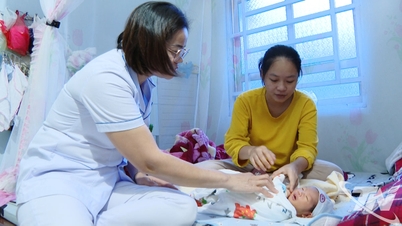

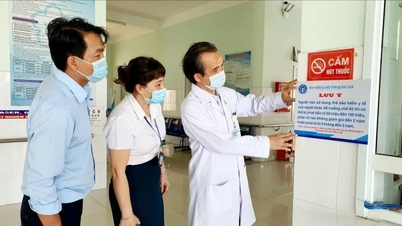


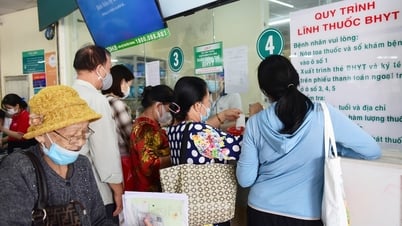

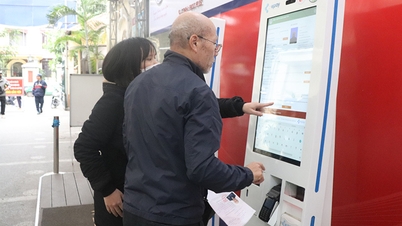

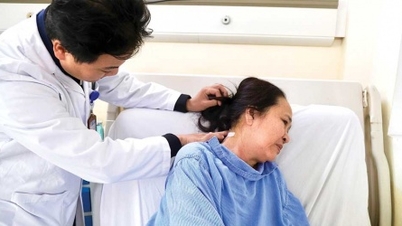
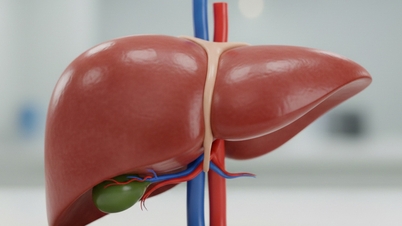






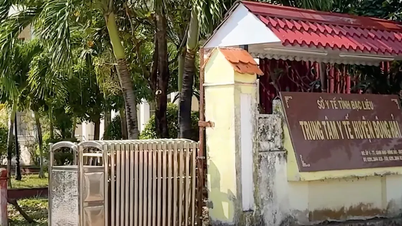

























































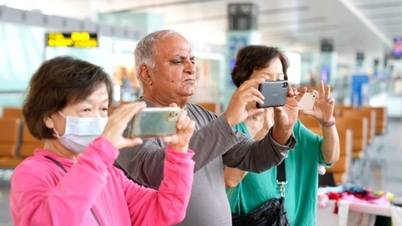

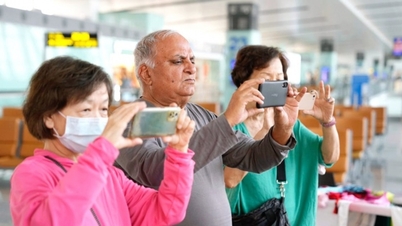

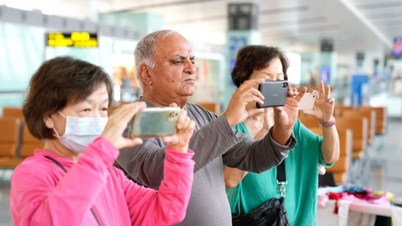


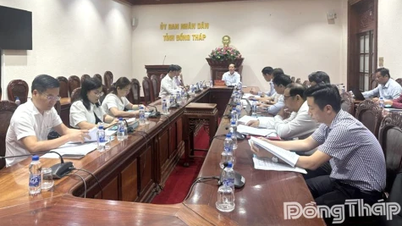

















Comment (0)